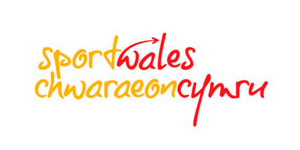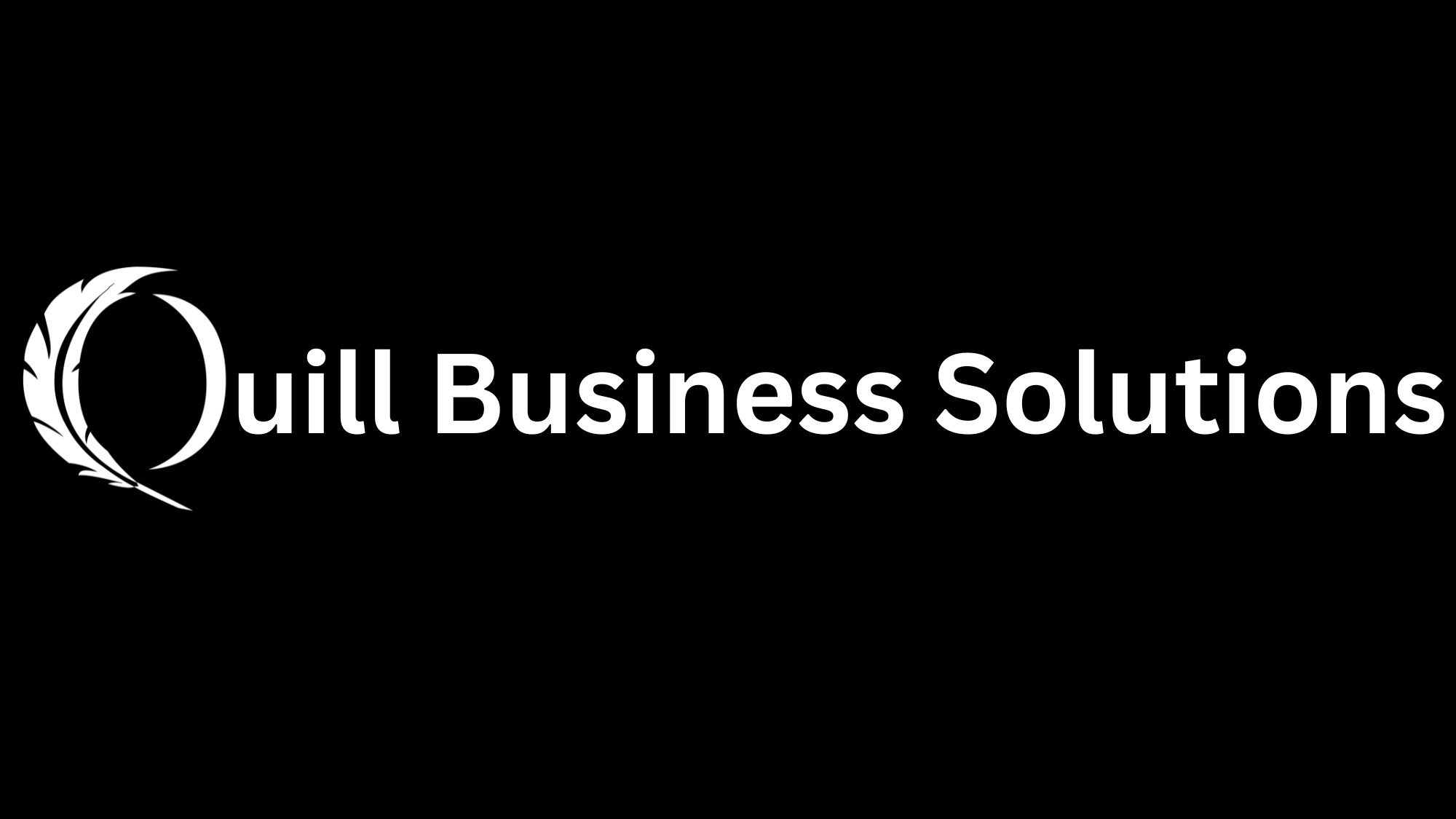How healthy are your key players? In the world of sports it’s not just your athletes and top performing sports people that need to stay in peak condition, the well-being of ALL your people is crucial to the success of your club or organisation.
As smarter working practices continue and employee well-being remains one of the biggest factors in the decision making process for individuals leaving or accepting new jobs, there is growing pressure on organisations to accept greater responsibility for the well-being of their people, or face the consequences – an exodus of skilled staff.Arranged properly with full duty of care provisions in place, any aspect of travel can play a major role in boosting the well-being of your people. However, it is often easy to lose site of the personal impact that travel has on individuals in favour of cheapest options or quickest turnaround times. This is no longer acceptable to the latest generation of graduates and young people entering the workplace who are demanding their employer values their health and well-being as much as they do.
The last 30 years has seen the introduction of low-cost airlines, discounted packaged holidays and far more affordable travel options than previous generations had to choose from. This has resulted in a new, younger, well-travelled generation coming into the work-force. Travel represents time away from home, time away from family and friends, an inconvenience to their social calendars, and something that definitely impacts on individual well-being.
Gone are the days when large sporting organisations used the services of a travel management company to simply book their travel on account. Today clubs and sports organisations are relying on TMCs to help them make smarter decisions and influence positive practices through revised travel policies and better information being made available to them.
The four biggest influences of employee well-being are actually very simple: SLEEP EAT MOVE FEEL – so easy to get right and yet so many sports organisations are still getting it very wrong, focusing solely on the performance of their players and athletes, rather than the people working behind the scenes:
SLEEP: Are your people getting enough of it ?
International travel can play havoc with sleep patterns – jet-lag is a real thing, and losing even just a few hours of sleep can diminish performance and productivity, important for your staff and crucial for your athletes. Remember if you are arranging appointments in local time you may be expecting your staff to conduct an important decision making meeting in the middle of the night – how often would you call your staff to the office for a 3:30am meeting ? If your staff are travelling in a direction where the clocks are going backwards, try and schedule early morning meetings, an 8am meeting in Los Angeles will be no problem for a traveller still on UK time as their body-clock will think it’s 4pm. However, schedule a meeting for 4pm and their body-clock will tell them it’s midnight and time for bed … unlikely they will be bringing their A-game to the table in this scenario. Always consider the difference between local time and UK time and allow your travellers enough time to adjust. It’s not just international travellers that are at risk when it comes to sleep deprivation, a tired driver is just as dangerous on the roads as a drunk driver. Lack of sleep can interfere with the ability of neurons in the brain to encode information and respond accordingly, for example when a sleep-deprived driver sees a pedestrian step in front of his or her car, it may take longer for the driver to realize what they are seeing because the very act of seeing the pedestrian slows down the drivers over tired brain (Study published in the Journal Nature Medicine)
EAT: Many of the top clubs and organisations today employ the services of a professional nutritionist to help keep their athletes in tip-top shape, but ask any of them and they will tell you it’s not only what we eat that is important, it’s also when we eat.
Using the same example as above would mean dinner at 8pm in Los Angeles is actually dinner at 4am! This discrepancy between our internal body clock and social clock has been linked to a greater risk of diseases like obesity and metabolic syndrome
Have you provided a hotel that serves food on a 24hr basis (even if it’s just light-bites or simple meals) do you really want your people wandering around an unfamiliar city at 3am looking for somewhere to eat because their stomach is telling them its dinner time.
What options are available to your people travelling long distances by rail? Are you ensuring dietary needs are being met? Allergies, food intolerances, lifestyle choices, these things should all be provided for no matter where in the world your people are – after all you have sent them there.
MOVE: Does your organisation actually encourage people to move?
How many of your people spend most of the day sat at a desk? Not only does this lead to short term issues such as weight-gain and eye strain, there are other less obvious problems, including: bad posture, slouching over a keyboard restricts blood flow and reduces energy levels. There is also a sense of isolation that comes from being in one place for long periods of time. Yet many companies fail to recognise the positive benefits that can be achieved by encouraging staff to move more. Go outside, walk more, socialise with your colleagues more. A study published in the Lancet estimates the burden of physical inactivity on global deaths and major diseases including coronary heart disease, type 2 diabetes and breast and colon cancer. Researchers estimate that lack of exercise could be responsible for around one in 10 cases of heart disease (10.5%) and just under one in five cases (18.7%) of colon cancer in the UK.
International travellers face significant periods of inactivity. Sitting for hours in a pressurised cabin at 33,000ft – often for 12hrs or more, depending on their final destination. Then they sit in a taxi to a hotel and go straight to bed, exhausted – Total Miles Covered: Thousands – Total Activity: Almost Zero!
Where possible choose accommodation options that include an onsite gym, you would probably do this as standard practice for your athletes, but what about the rest of your team? There will always be the tendency to choose a budget hotel with few facilities as these inevitably cost less, and clubs are always looking for ways to reduce overheads and make funds go further, however cutting back on the well-being of your staff shouldn’t be seen as a cost saving opportunity. In the long run it will cost you far more than you will save.
FEEL: This is probably the most important one of all !
How your staff feel will ultimately determine how productive they are and how long they will stay with you. We don’t leave a job – we leave a bad company, an ineffective manager, a toxic work environment or culture. How you make your staff feel is actually far more important than how much you pay them. Staff will take lower salaries for better conditions or a greater work life balance. If we don’t feel valued in our current environment we will seek out a new one. This doesn’t just relate to the work place, its why friendships end, marriages break-down, ultimately we are all drawn to people and places that make us feel good.
Do your travellers spend long periods of time away from the office and away from home? If so the very nature of their job separates them from their colleagues, their families, their partners and children – these are all things that make them feel good. It is important to replace these things with other feel-good factors to show you appreciate their willingness to make these sacrifices for the good of the club or organisation. If they don’t generally travel in a premium cabin give them an upgrade every now and then – a business class flight, a first class rail ticket, an upgraded hotel room, maybe even an upgraded hotel for the night. Let them know the upgrade wasn’t a booking error – tell them it is in recognition of their hard work and commitment to the team or club, then stand back and watch as their morale and motivation goes through the roof!
A great deal of scientific research has gone into identifying these four key well-being influences, you can read more about each of them via our further reading links below – how healthy is your clubs culture?
Further reading:
Understand sleep deprivation better
Why when we eat is so important
The dangers of inactivity
Boosting employee happiness
For more information on how Traveleads can assist you with your duty of care provisions and provide better sports travel solutions for your people, please contact [email protected] or send a message via their website.



















